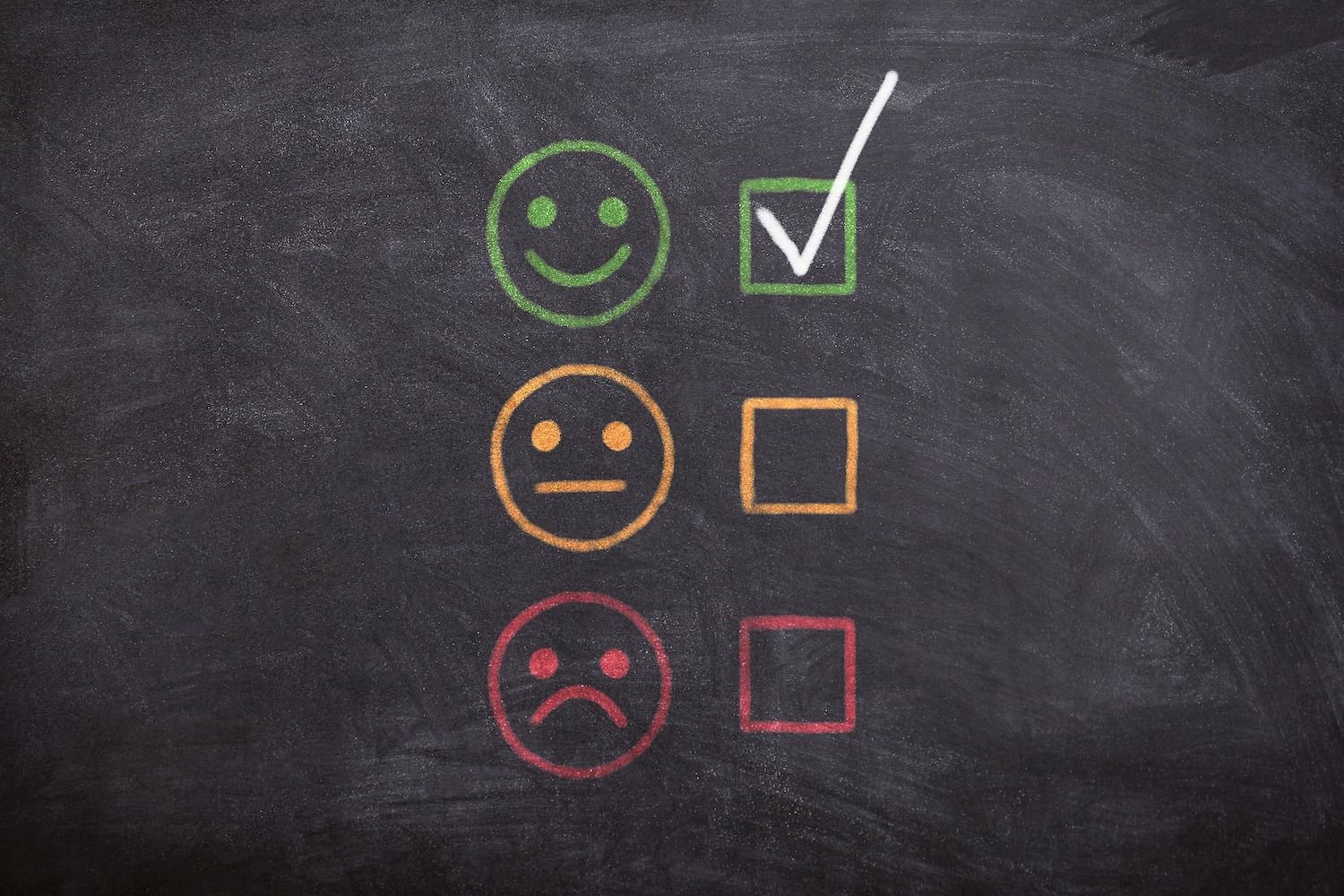University digital marketers now have an arsenal of user testing methods at their disposal to track, review, and enhance website journeys.
But one of them predates the digital age in its foundations, and that is the concept of the mystery shopper.
It's a timeless means of assessing customer experience that transcends real life and the virtual world.
In this blog, we delve into the concept of online mystery shopping and how to set up a successful initiative that can boost recruitment by measuring the success of your university's website and getting to grips with potential pain points that turn off prospective students.
How does mystery shopping work online for higher education?
Much like a secret shopper would arrive in a brick-and-mortar store to test customer service and shop floor layouts, the online mystery shopper arrives at your website tasked with a specific journey or assignment to complete.
In higher education, marketers and developers can use mystery shopping to:
- Simulate the student experience: Mystery shoppers can pose as potential students and navigate the institution's website (and social media channels). They can also be used to test your university's online application process to identify any areas of improvement.
- Improve the responsiveness of your school or college: They can contact your institution with questions, apply for a certain course, or maybe order a prospectus through different channels such as email, phone, or live chat, and evaluate how effective the process was.
- Assessing your competitive advantage: Mystery student shoppers can potentially help compare your website and social channels to those of other universities and colleges, and provide insights on areas where you can improve your competitive edge.
- Gauging the effectiveness of marketing campaigns: You can also use mystery shoppers to provide feedback on the effectiveness of your online advertising and paid-for advertising or marketing campaigns.
- Identify barriers and obstacles: Lastly, mystery shoppers can help identify any barriers that might prevent potential students from applying.
They could even be used for a multitude of journeys at once.
Although the online execution is very different to the offline mystery shopper, the goal is the same as any type of user testing: to improve the 'customer' experience.
You'll be getting valuable, objective insights into your website's useability, social media ads, or the effectiveness of an inquiry process in producing conversions.

The journey of a secret shopper is tracked and observed, with every hesitation or mis-click of the mouse documented via screen recording software.
Online mystery shoppers are also often filmed via webcam to show real-time reactions to various points in the journey and to talk through decisions they make along the way. Many will also write up their experience.
This all then feeds into customer experience mapping.
In terms of sample size, there could be anywhere between 10 and 1,000 testers depending on the scale of your project.
Larger sample sizes are likely to rely on external market research companies rolling out the test and compiling results, but a smaller test could potentially be done in-house with the right software.
Choosing secret shoppers of the right age and demographic is key.
Why is a mystery shopping test important for higher education?
Testing your website and assumptions of user behavior is crucial.
There are many methods of testing out there, but secret shopping mimics the behavior of prospective students and provides an objective, real-life, mapped-out journey, allowing you to see where your site is working and where it isn't.
A secret shopper initiative will identify urgent areas of optimization and food for thought when it comes to ongoing iterations.

This method of user testing also has the potential to show how your tone and branding resonate with website visitors.
It's a superb way of assessing first impressions as well as gaining deeper user insights on accessibility and design.
Another valuable aspect of secret shopping initiatives is that you can ask your users to compare your university's website or a specific journey with that of a competitor.
A successful secret shopper initiative can help you to answer a multitude of questions, including (but not limited to):
- How easy is your website to navigate?
- Are prospective students getting their inquiries answered effectively?
- Can prospective students easily find the course information they're looking for?
- Are the load time speeds of pages acceptable?
- Is the search function fit for purpose? And is the content searched for being delivered?
- Are online forms user-friendly and require the right level of information?
- If you have a university chatbot, is it working as it should?
- Are you striking the right tone with your branding and language?
What are the limitations of a mystery shopping initiative?
Firstly, while secret shoppers are objective users, their evaluations—especially of brand and tone—are opinions, and they have the potential to vary dramatically.
It's not always an exact science, and, where a website needs extensive improvement, the results can leave higher education web developers and marketers going down a rabbit hole.
A secret shopping exercise is not the ideal first port of call when it comes to user testing, and it's most effective when used to inform iterations on an already well-designed website or to identify the effectiveness of a campaign.
Other user testing methods should precede or complement a secret shopping initiative, like treejacking, split testing, or heatmapping.
But, used right, secret shopping can give you a real-life, personal set of evaluations that can determine if you're on the right lines or need to go back to the drawing board.
How do I set up a mystery shopper test?
You'll need to define the objectives of the test, as well as your target audience.
It's no good asking 40-somethings to secret shop your university's website when you need input from prospective students in their late teens or 20s, or vice-versa if you're marketing to mature students.
And you'll need to clearly set out the situation you want your 'shoppers' to act out.
If you're doing this on a small scale and for simple tasks like testing the effectiveness of a social media ad, you could arrange a secret shopper initiative in-house.
But it's more than likely that you'll be looking to enlist the services of an external user testing company or market research business if you want to test full recruitment user journeys, such as for Open Day or Campus Tour booking processes.
There are dozens of companies out there to choose from, like BARE International, Customerwise, and Testbirds to name just a few.
There are also industry-specific platforms out there for universities to draw expertise from, like Edified, which runs an inquiry experience tracker tool.
The benefit of going with an education-specific service is that you will also be provided with benchmarking information as well as your specific results.
Have you implemented secret shopper initiatives at your institution to test your website usability and conversions?
Reach out to our team on social media if you have secret shopper experiences you'd like to share.
 |
 |
 |
|---|

:format()//media/mystery-shopping-for-higher-education-websites-RQ.png)